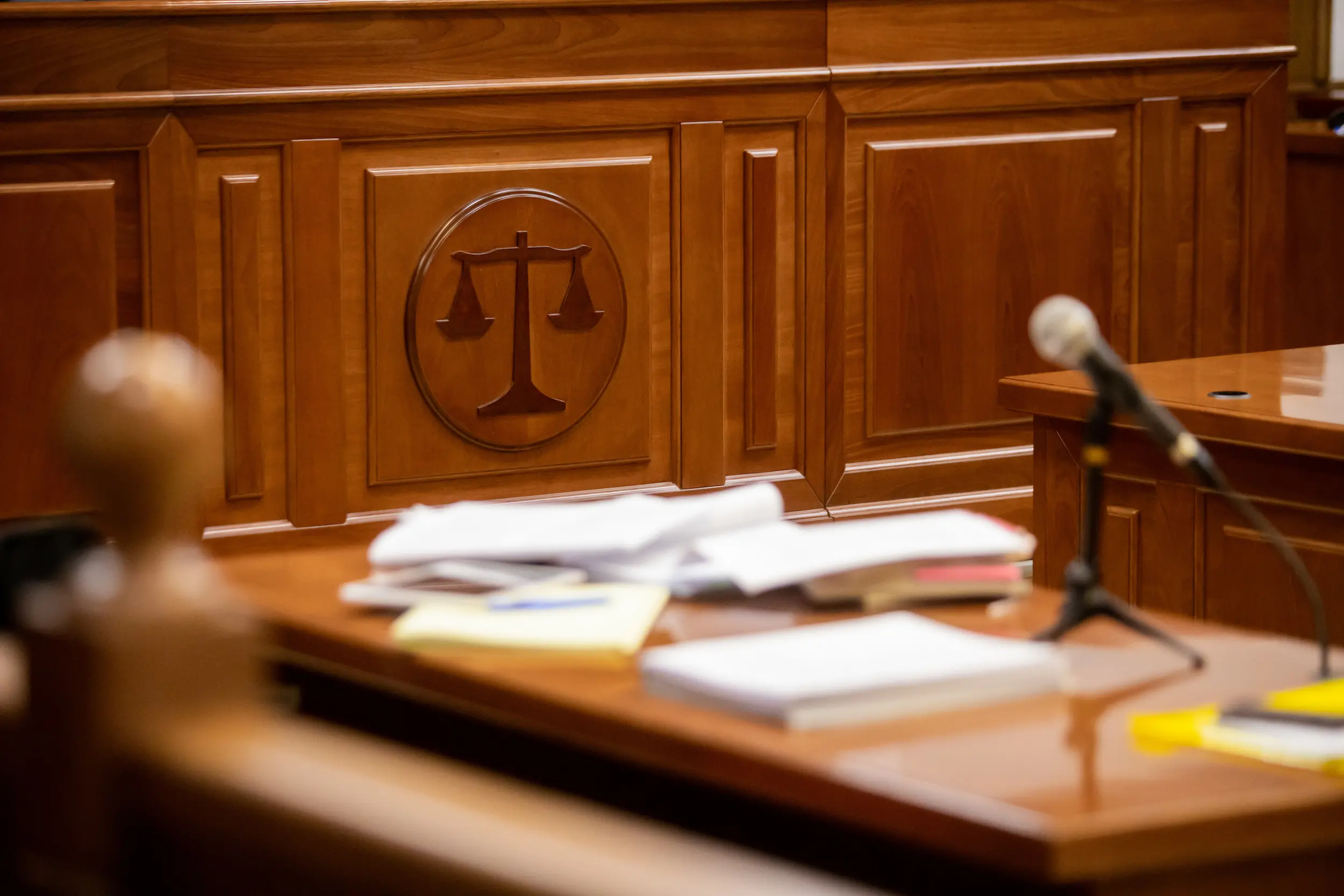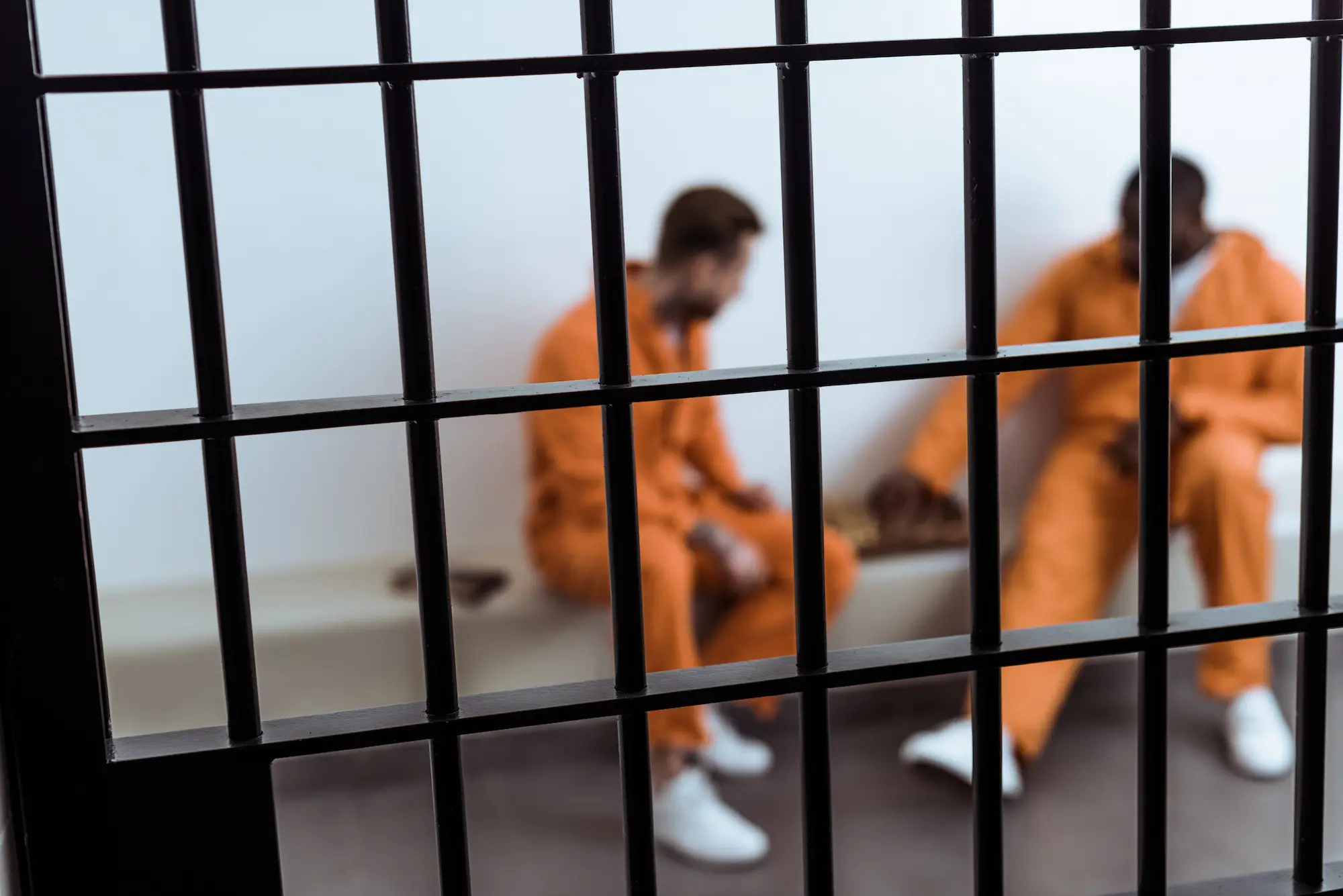Fairness In Criminal Outcomes
Promoting fair outcomes in the criminal legal system by identifying racial, economic, and other structural disparities at all levels, and collaborating with community stakeholders and policy makers to implement solutions
Studying and Reforming Plea Bargaining
The vast majority of criminal cases are resolved through plea bargains, yet little is known about the plea process. The plea tracking work at the Wilson Center, in which prosecutors document how and why they make decisions in the plea bargain process, has opened the "black box" of plea bargaining. The Center is using the lessons from this work to inform prosecution policy and defense practices and to propose new approaches to make plea bargaining more transparent, just, and equitable.

Eliminating Cash Bail and Creating Fairer and Safer Pretrial Detention
The vast majority of individuals detained in jails in the United States have not been convicted and are awaiting trial. The Wilson Center studies efforts to eliminate cash bail and leads efforts to implement large scale bail policy changes, such as in the ODonnell vs. Harris County case, where Faculty Director Brandon Garrett serves as the independent bail monitor. We also study other pretrial policies, including supervision programs and risk assessments.

Reducing Excessive Sentencing Through the Just Sentencing Project
Despite ample evidence that long sentences do not enhance public safety, there are more than 3,000 people in North Carolina prisons serving sentences longer than 40 years. The Wilson Center's work in this area uses data to identify areas ripe for sentencing improvement, whether groups of people or types of convictions. We are building a comprehensive sentencing and imprisonment database, and we work to design systems for sentencing relief and second chance opportunities.

Improving Policing Policies and Practices
The Wilson Center evaluates a range of police practices, including policies concerning arrests and use of force, and drafts model policies and recommendations. We also maintain a national database of legislation concerning police practices to draw lessons from recent legislative trends. Further, we examine police hiring and employment data in a range of states to inform research and police policy.

Reducing the Use of Fines, Fees, and Collateral Consequences
The scale of criminal debt in the United States has exploded, with local, state and federal court imposing billions of dollars in fines and fees on people in criminal cases. If the person lacks the ability to pay or does not pay the charges, even more financial penalties and legal consequences can result. The Wilson Center studies the problem of spiraling criminal debt, develops recommendations for law and policy reforms, and briefs constitutional questions concerning imposing debt on persons who lack ability to pay.

Improving Reentry Supports
Many formerly incarcerated individuals return to their communities without the supports needed to succeed. The Wilson Center evaluates what range of supports are needed for success in reentry and identifies model reentry programs. The Center also documents reentry supports available in specific local communities and potential gaps in services, disseminates those findings to stakeholders, and supports implementation of effective programs.

Informing the Judicial System through the Amicus Lab
A wide range of cases raise issues of equity in the criminal legal system. One way to provide courts with independent information and insight regarding these issues is through the filing of friend of the court documents, known as amicus curiae briefs. The Wilson Center submits amicus briefs to state and federal appellate courts and the U.S. Supreme Court on our areas of research in cases where independent expert views could play a useful role.

